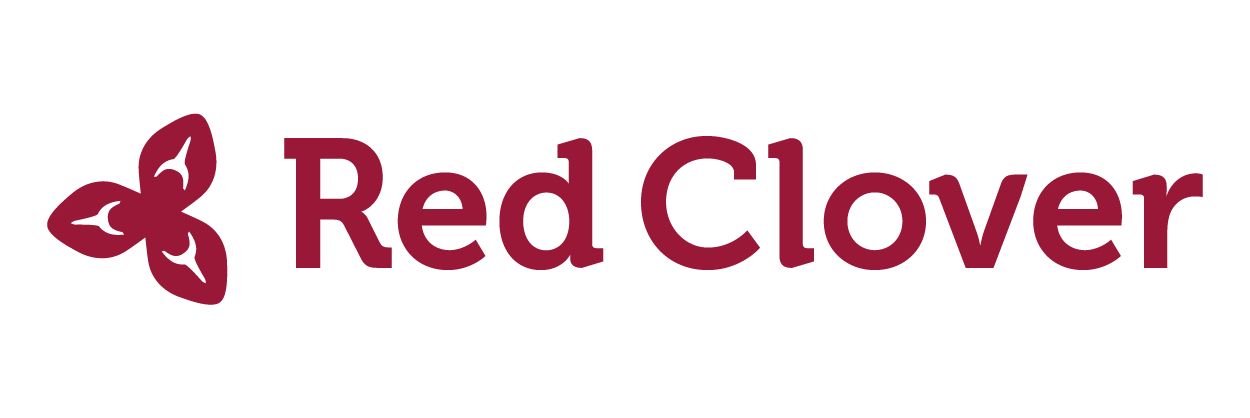Repair Cafe: Whose “Own” Are You?
Repair Cafe is a newsletter in which Jodi Spargur, director of Red Clover, goes deeper into themes of reparations, theology, and all that is beautiful and broken — through short essays and engagement with reader responses.
Once a month, we’ll offer excerpts from Jodi’s writing here on the Red Clover blog, but do consider subscribing and engaging Jodi’s work on Substack. She also posts on Medium.
Whose Own Are You?
A funny question when you first hear it; “Whose own are you?” became a critical question when my fate was determined by how that question was answered.
Whose own are you could also be phrased as; to whom do you belong? Who are your people? Who claims you? A friend encountered this question as a common greeting when she moved to northern British Columbia. It is an opening question, much like, “So, what do you do for work?” operates in other settings. In this context the most important thing to know about someone is, to whom do they belong? Who is their family, or who counts them among their own.
The importance of being someone’s “own” came clear in the wee hours of the morning in July 2012.
I am sometimes known for taking on commitments that might be just beyond the limits of reasonable. Such was the case in the summer of 2012 when I committed to driving a friend 16 hours north to Prince Rupert from my home in Vancouver when the moving date for getting all of my household’s worldly possessions out of our home was 40 hours away. This task was completely manageable in my mind. Drive 16 hours up, 16 hours back, that is 32 hours plus 4 hours of sleep and 4 hours of loading the truck, no problem! But, in order to catch my 4 hours of sleep, I knew I needed a quieter place to crash than my friend’s couch, where no one would go to bed until I was ready to get up and start driving again. As I mentioned, it was July, so I decided to tuck into my sleeping bag in the backyard. Knowing the dew would be heavy, I asked if my hosts had a tarp or anything that could keep the dampness off. I was offered a large plastic bag that had recently held a new mattress. With the details taken care of for a good night’s sleep, I headed to the backyard, zipped into my sleeping bag, which I had placed in the plastic bag and got down to the business of catching my 40 winks.
Two hours into my sleep, I woke to a light shining in my eyes and two police officers, very tentatively, poking at my sleeping bag with their feet. I sat up, which caused the officers to burst into hysterical laughter, born of high-alert nervousness. Embarrassed by this display and to cover any sign of being at all unsettled, they then became very officious and demanded I show my identification.
In my dazed, travel-addled, sleep-deprived state, I tried to figure out where on earth I was, where my id might be, and what terrible thing had happened that I needed to produce government identification for. I soon enough realized that I was the terrible thing that had happened.
The downstairs neighbour, rising in the night to use the facilities, had looked out the window, as was her custom, to find a body wrapped in plastic in the backyard. She called the police to report a body dump. I was that body. So when I sat up, bleary-eyed in response to the prodding foot of the police officer, I scared the living daylights out of them. Hence, the hysterical laughter. When an officer is embarrassed and uncertain about what to do next, they ask for ID. Or at least that is what I assume happens. It is what happens next that I don’t think any of us were certain about. These officers had been called out on a serious matter, and it did not feel like they wanted to go back to their patrol without something to show for their effort. Imagine my relief when my friend stuck her head out the second-story window to call, “She is our own!”
Never have I been so happy to be someone’s “own”. To belong to them. To be claimed.
Excerpted from Jodi’s November 21, 2023 newsletter. In part 2 (the subsequent newsletter), Jodi goes deeper into our notions of belonging, of being “the own” of a group of people. Read that here: https://spargur.substack.com/p/whose-own-part-2
